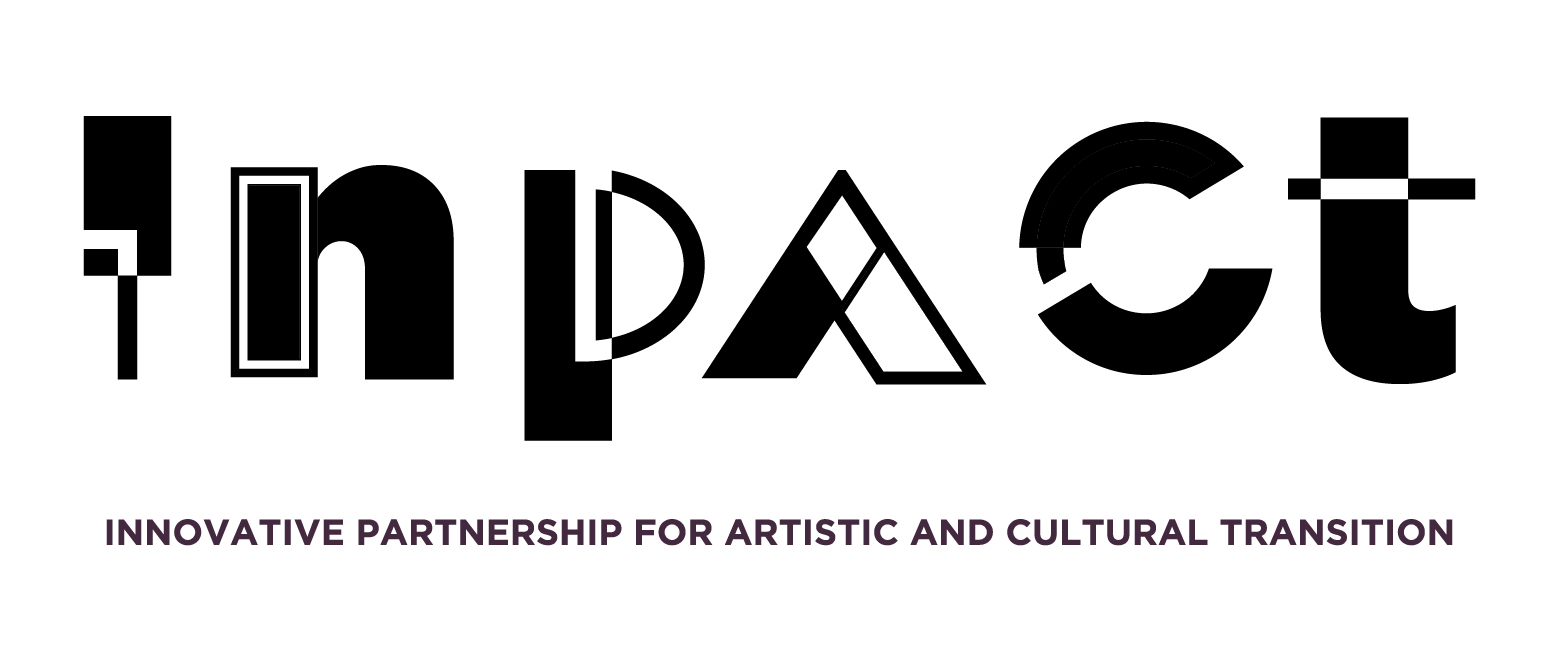Understanding perceptions and challenges
Almost three out of four participants in the INPACT survey found the democratic transition very important. Focus groups provided the arena to discuss the perceptions and challenges connected to this transition. Conversations gravitated around three focal points: governance, community engagement and access to public space.
Governance
The cultural sector seems interested and prone to adopt horizontal governance but this is not a black-or-white issue but rather shades of gray.
“we must pay attention to not simply reducing the alternative to horizontal = good / vertical = bad. Vertical is indeed “bad” when it is top-down, exclusive, [we] must move away from such a concept, without falling into the opposite risk of no-one taking responsibility for the process and the result. The clarity of roles and responsibilities is important.”
Yet, conviction is not enough. This move requires addressing “lack of knowledge of the mechanisms related to this type of governance”, “organizational inertia” and “strong egos leading organizations”. Participatory governance experiences like Kilowatt Bologna (Italy) or Estaque (La Déviation) and Dos Mares in France could help in raising awareness and pave the way for further action.
Community engagement
Audiences are not longer considered passive recipients of artistic work but rather as active participants in the creation process. An example of this is Dominio Pubblico, a project in Rome that accompanies groups of

Governance, community engagement and access to public space
In this third post of a series of outcomes of the INPACT survey and discussion groups, we lay out some of the issues on the Democratic Transition
